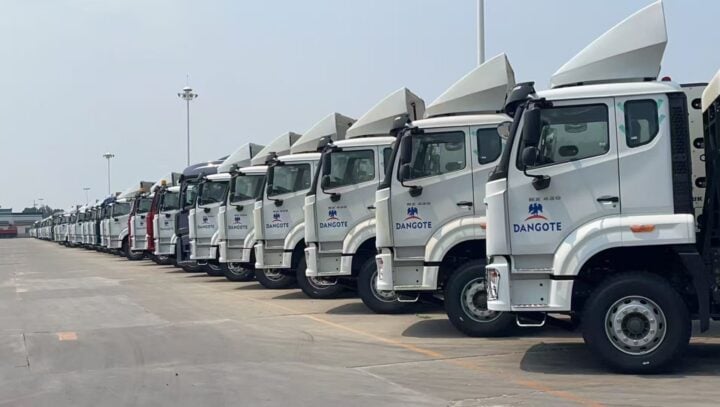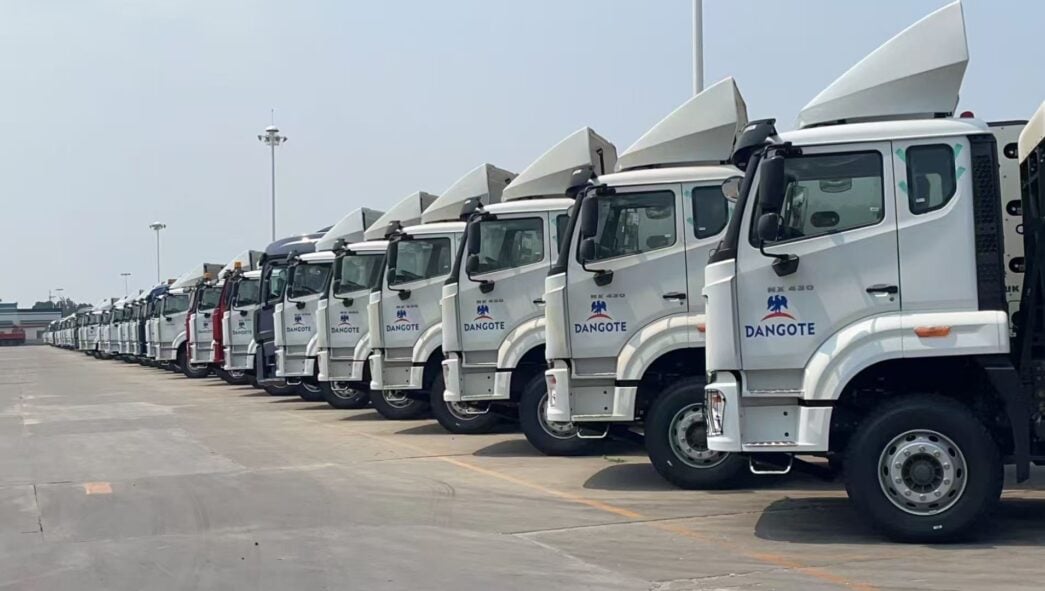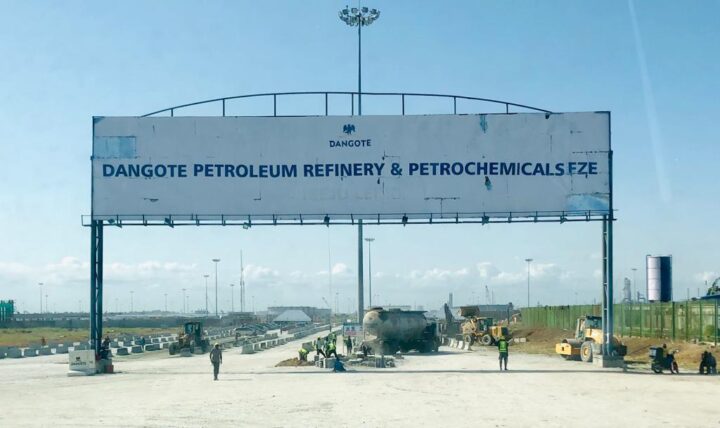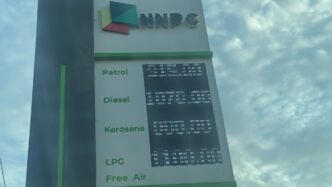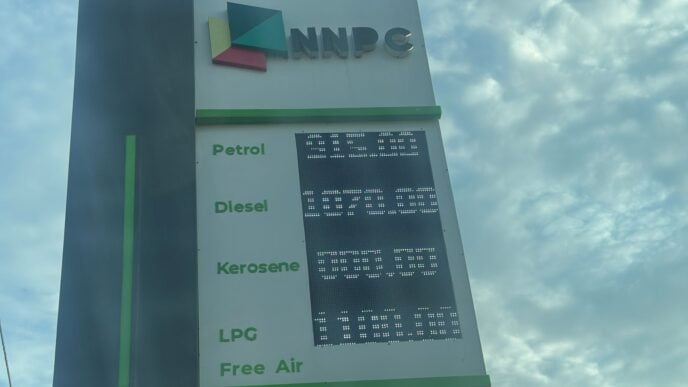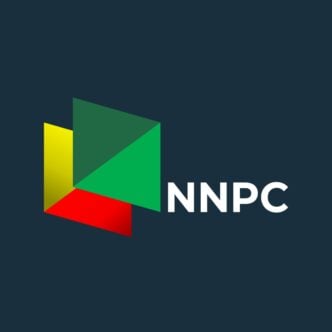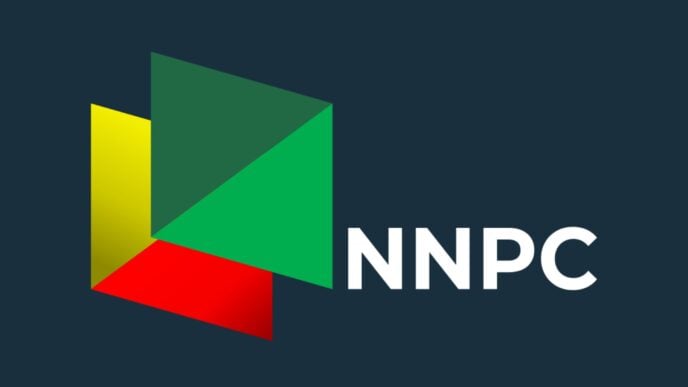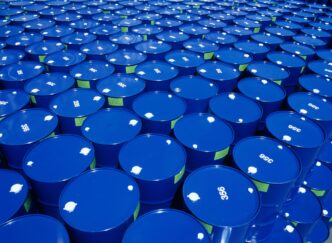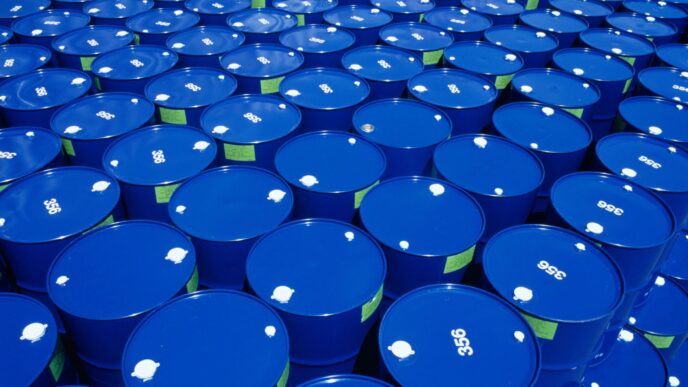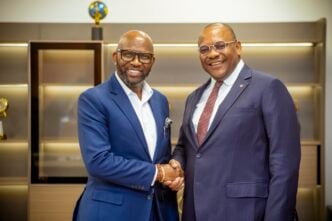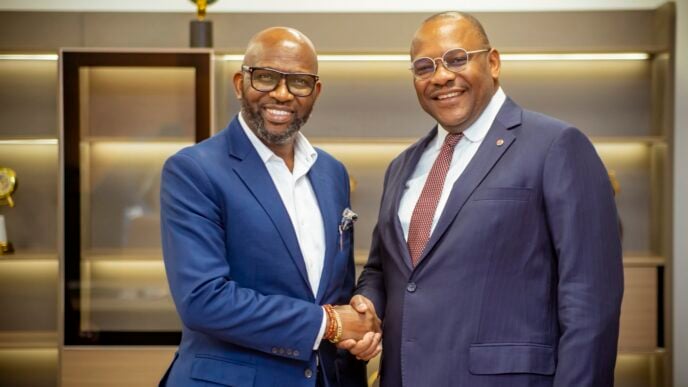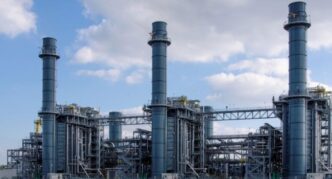Dangote refinery CNG trucks
The Major Energies Marketers Association of Nigeria (MEMAN) has called for clarity on Dangote Petroleum Refinery’s proposal to offer nationwide logistics for premium motor spirit (PMS), also known as petrol, and diesel distribution.
Clement Isong, MEMAN’s chief executive officer (CEO), spoke on Thursday during a webinar organised by the association.
The Dangote refinery had said it acquired 4,000 new compressed natural gas (CNG)-powered tankers to enhance its fuel distribution capacity across the country.
According to NAN, Isong highlighted the importance of transparency, especially regarding logistics and pricing within Dangote refinery’s proposed framework.
Advertisement
“We’ve heard reports about free logistics from August 15, but we need clarification on scope, regions covered, and operational details,” he said.
Isong urged dialogue between Dangote refinery, regulators, stakeholders, and the media to address all concerns.
He reiterated MEMAN’s support for open market competition and praised innovations like the introduction of CNG trucks.
Advertisement
‘CONCERNS OVER MARKET DOMINANCE AND FAIRNESS’
Describing the refinery’s plan to deploy 4,000 CNG trucks as “brilliant,” Isong called for clear rules to ensure fairness.
“That’s a major move for logistics and sustainability. But it might also trigger fears of dominance in the fuel supply chain,” he said.
The CEO noted that members are also transitioning from diesel to CNG trucks in alignment with the government’s cleaner energy agenda, but cautioned that the policy requires more infrastructure development.
Advertisement
“CNG is still a developing policy. Infrastructure is lacking, so coordinated planning is vital,” Isong said.
He urged regulators, including the Federal Competition and Consumer Protection Commission (FCCPC) and the Nigerian Midstream and Downstream Petroleum Regulatory Authority (NMDPRA), to balance innovation with market stability.
The CEO also emphasised MEMAN’s commitment to deregulation and innovation while warning against ignoring market structure.
“This must be an ongoing conversation between regulators and market actors,” he said.
Advertisement
Isong said MEMAN is closely monitoring market developments and will respond once all facts are available.
“We need a full picture before making any conclusions,” he said,
Advertisement
The CEO added that innovation must align with national priorities and benefit the average Nigerian.
Isong acknowledged the risk of monopoly in a deregulated market but stressed that competition fosters efficiency and sustainability.
Advertisement
“Competition fosters efficiency and sustainability, but oversight is vital to prevent market capture,” he said.
Isong noted that many MEMAN members already buy petroleum products from Dangote refinery and work collaboratively on logistics, highlighting the importance of resource sharing in managing costs and ensuring reliability.
Advertisement
He said Nigeria’s energy transition continues with Dangote’s plan to roll out 4,000 CNG trucks, potentially reshaping fuel logistics.
However, the CEO said the impact will depend on how the initiative is regulated, expanded, and integrated into the national strategy.
Also speaking, Samer Matta, the World Bank’s senior economist, noted that Nigeria’s policy environment stifles competition, ranking the country last in a 2024 competition index compared to peers like Egypt, Ghana, and India.
Matta argued for open competition in the refining sector, criticising policies that prioritise local supply and restrict imports.
The economist said the policies contradict the competition principles outlined in Section 317(9) of the Petroleum Industry Act (PIA).
